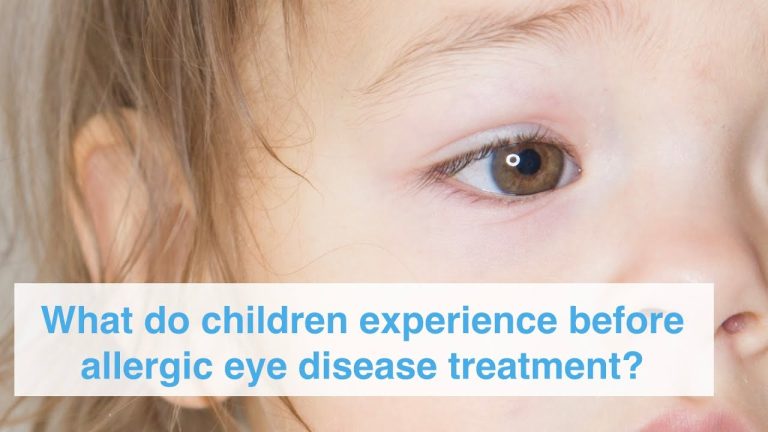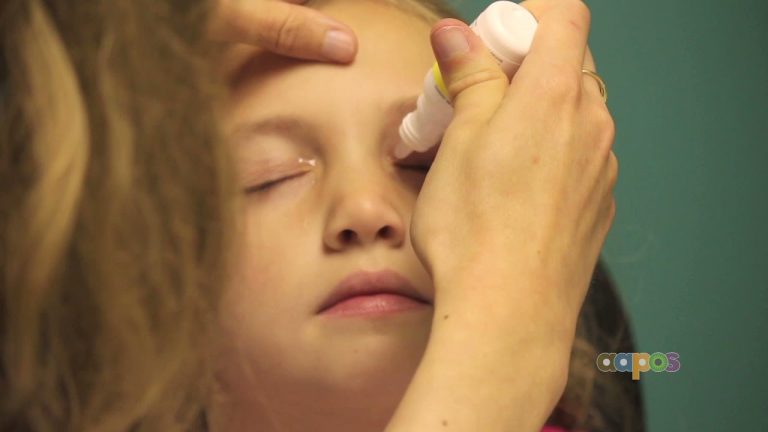10 Essential Tips for Pediatric Eye Care: Your Complete Guide for Healthy Vision
As parents, we all want the best for our children, and ensuring their health is a significant priority. Vision plays a vital role in a child’s development, and it’s important to make sure their eyes are taken care of. Pediatric eye care is an essential aspect of every child’s health, and it’s never too early to start taking preventive measures.
Pediatric eye care involves regular check-ups and comprehensive eye exams to ensure proper vision development and early detection of any potential issues. These exams include assessing visual acuity, eye alignment, and overall eye health. It’s recommended that children have their first eye exam before they turn six months old and yearly after they start school.
The Importance of Pediatric Eye Care
Proper vision is crucial for learning and development in children. Children with undiagnosed vision issues may struggle in school and develop behavioral problems due to their inability to see clearly. They may also have difficulty reading, writing, and performing other essential activities. Early detection and treatment of vision issues can prevent complications and improve overall quality of life for children.
Regular eye exams in children can also detect other health conditions, such as lazy eye, which could lead to permanent vision loss if left untreated. Pediatric eye care also involves preventing eye injuries in children, which are often caused by sports, toys, or accidents. Wearing protective eyewear and teaching children about eye safety is crucial for preventing eye injuries.
What to Expect During a Pediatric Eye Exam
During a pediatric eye exam, the optometrist may use special charts and tools to assess a child’s vision. They may also perform a dilated eye exam which involves using eye drops to widen the pupil and allow for a better view of the eye’s internal structures. The optometrist may also check for eye diseases such as glaucoma and cataracts, which are more common in older adults but can occur in children.
Getting Children Excited About Eye Care
Eye care doesn’t have to be boring or scary for children. Parents can encourage their children to take an interest in their vision health by making it fun and engaging. For example, parents can read books about eye health, play games that involve eye exercises, and let children pick out their own glasses frames. These activities can help make eye care a positive experience for children and reduce any anxiety they may have about going to the eye doctor.
Conclusion
Overall, pediatric eye care is an essential aspect of every child’s health. Regular eye exams and preventive measures can ensure proper vision development, early detection of any potential issues, and can prevent eye injuries. Parents can take steps to make eye care fun and engaging for their children, which can help promote a lifetime of healthy vision.
Contents
Most wanted in Hoya Vision:
What brand lenses does Costco use?
What does +0.25 mean on an eye test?
Hoya Lens Engravings
Should eyeglasses cover eyebrows?
Do tinted glasses help with migraines?
Hoya Identification Chart
What are prism eyeglass lenses?
Is gray or brown better for transition lenses?
What LED light is best for broken capillaries?
Does hyperopia worsen with age?
















